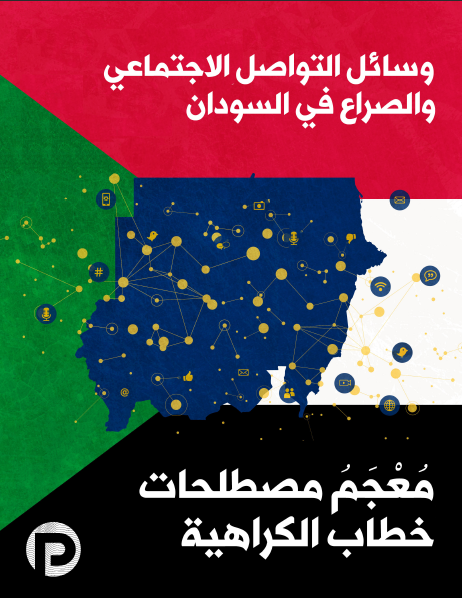SOCIAL MEDIA AND CONFLICT IN SUDAN.
Online Hate Speech in Sudan at a Time of Revolution and Transition
Throughout 2020, Sudan has undergone profound change sparked by Sudanese people who stood against the long and brutal rule of Omer al-Bashir and his National Congress Party (NCP) regime. The revolt has achieved al-Bashir’s ouster, and democratic elections are scheduled for 2022. Already there is change: corruption during the al-Bashir Regime is being investigated; negotiations are underway to end Sudan’s continuing conflicts in Darfur, Blue Nile, and South Kordofan; and Islamic restrictions, particularly related to women’s roles in society, are under review or revision.
Yet much hangs in the balance. Social and political forces, many still represented in the transitional government, are resistant to share their power and roles. Moreover, Sudan’s numerous social cleavages - racial, ethnic, class, religious, and gender, among them, and which the prior regime either exploited or suppressed - have come to the fore as has the hate speech that incites them.
Capturing Hate Speech in Sudan
PeaceTech Lab’s Sudan Hate Speech Lexicon, produced in partnership with the Sudanese Development Initiative (SUDIA) and Andariya, captures hate speech in the midst of political and social transformation in Sudan. This Lexicon documents speech that exists both online, and offline - as do the tensions that spark it. But it is also meant as a tool for the Sudanese people and their allies as they work to build a peaceful and just society.



